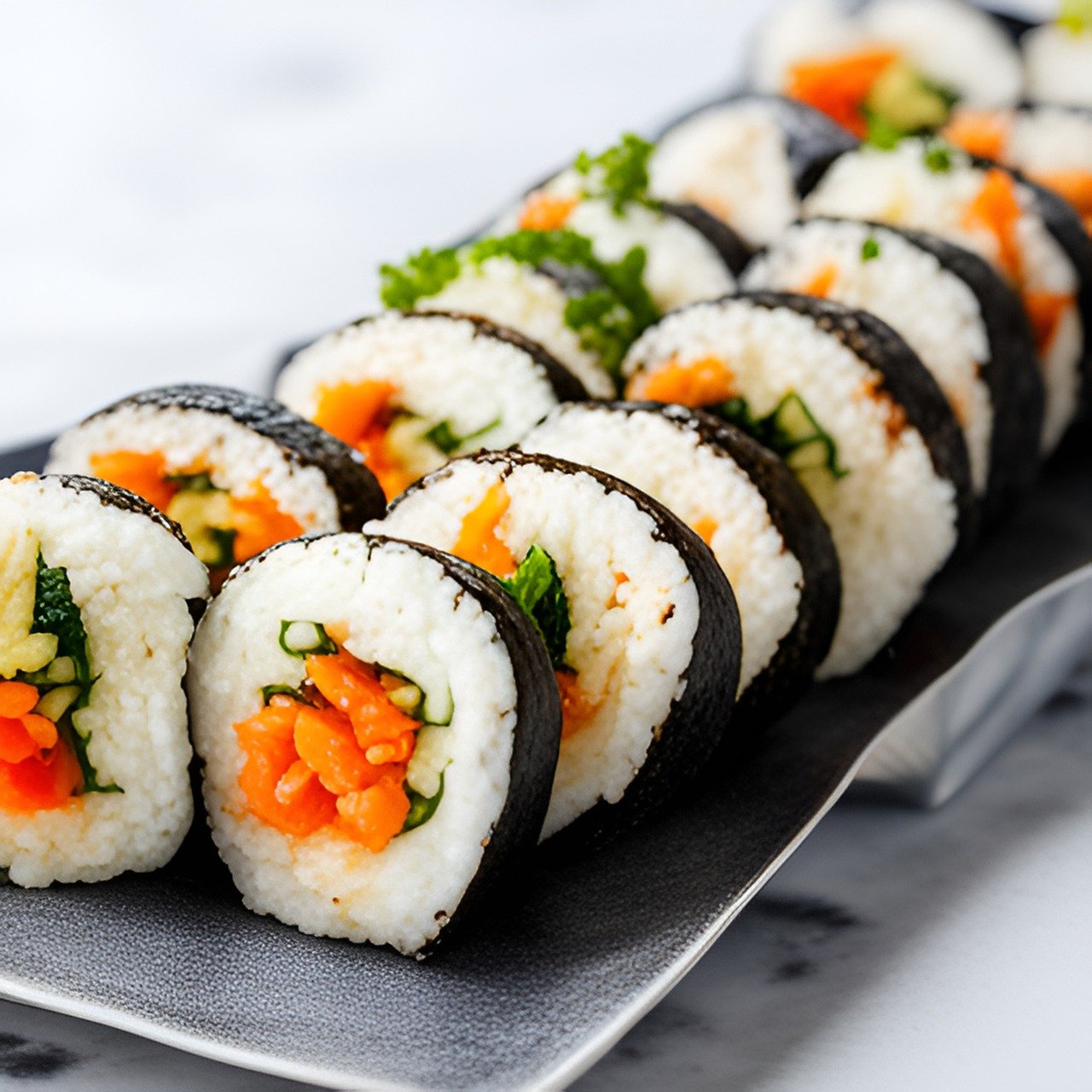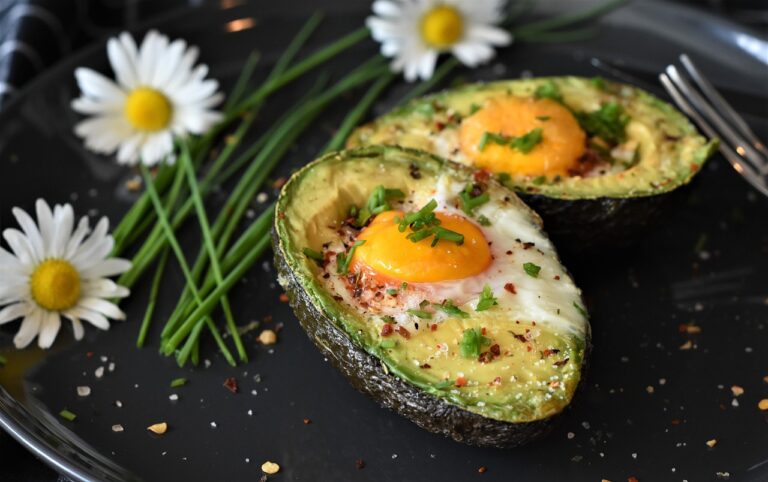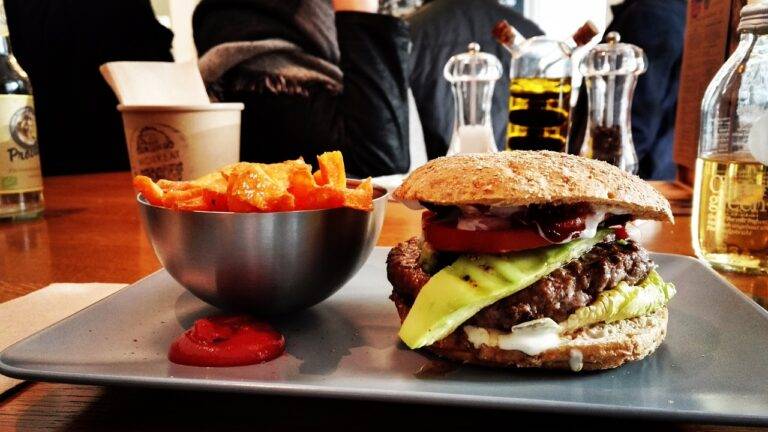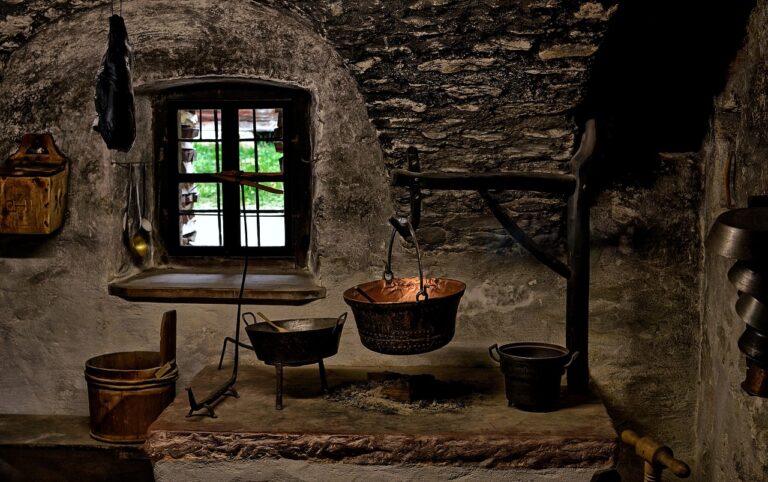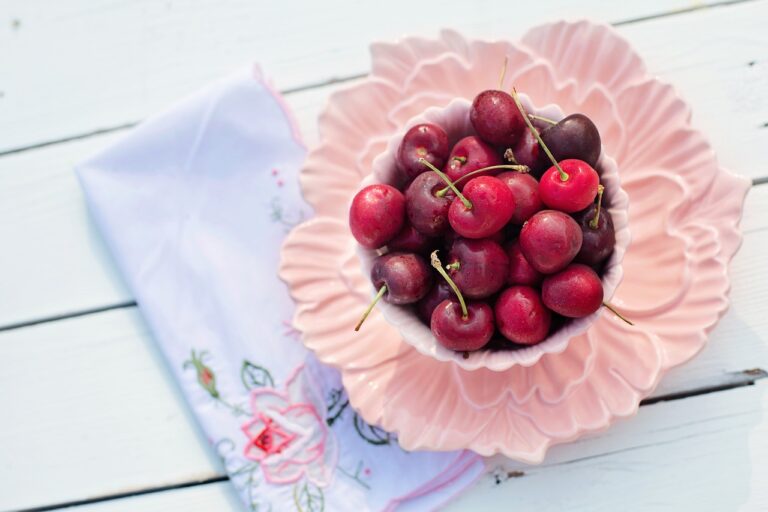Exploring the Cultural Significance of Coffee Traditions and Customs
11xplay online id login, india24bet login, skyinplay:Coffee is more than just a morning pick-me-up or a way to stay awake during that afternoon slump; it is a global cultural phenomenon that has been around for centuries. The traditions and customs surrounding coffee vary from country to country, but one thing remains constant – the love and appreciation for this beloved beverage.
The cultural significance of coffee traditions and customs can be seen in every aspect of daily life. From the ritualistic preparation of the perfect cup of coffee to the social gatherings centered around sharing a pot of freshly brewed java, coffee plays a vital role in many societies around the world.
In countries like Italy, coffee is more than just a drink; it is a way of life. The Italian espresso culture is renowned worldwide for its emphasis on quality and tradition. Italians take their coffee seriously, with many cafes serving only the finest espresso made from carefully selected beans. The art of making a good espresso is considered a skill that takes years to perfect, and many baristas in Italy train for years to become masters of the craft.
In Turkey, coffee is a symbol of hospitality and friendship. Turkish coffee is brewed in a special pot called a cezve and is typically served in small cups without milk. It is customary for the person preparing the coffee to ask the drinker if they would like it sweetened, as sugar is often added during the brewing process. Turkish coffee is not just a drink; it is a social activity that brings people together and fosters connection and camaraderie.
In Ethiopia, the birthplace of coffee, the traditional coffee ceremony is a time-honored ritual that is steeped in history and culture. The ceremony typically takes place in a specially designated area within the home and involves roasting green coffee beans over an open flame, grinding them by hand, and brewing them in a clay pot called a jebena. The coffee is then served in small cups with great ceremony and respect for the drink and the people sharing it.
The customs and traditions surrounding coffee extend far beyond the brewing process. In many cultures, the act of sharing a cup of coffee with someone is a gesture of friendship, respect, and goodwill. Whether it is a business meeting over a cup of espresso in Italy or a social gathering around a pot of Turkish coffee in Turkey, coffee has the power to bring people together and forge connections that transcend language and cultural barriers.
So, the next time you sit down with a cup of coffee, take a moment to appreciate the rich cultural history and significance of this beloved beverage. From the bustling cafes of Paris to the traditional coffee ceremonies of Ethiopia, coffee traditions and customs are a testament to the universal appeal of this magical elixir.
—
FAQs:
Q: What is the origin of coffee?
A: Coffee is believed to have originated in Ethiopia, where legend has it that a goat herder discovered the energizing effects of coffee beans after noticing his goats become more lively after eating them.
Q: What is the difference between espresso and regular coffee?
A: Espresso is a concentrated form of coffee made by forcing hot water through finely ground coffee beans. It is thicker and stronger in flavor than regular drip coffee.
Q: Are there any health benefits to drinking coffee?
A: Coffee is rich in antioxidants and has been linked to several health benefits, including improved mental alertness, reduced risk of certain diseases, and increased metabolism.
Q: What is the best way to brew the perfect cup of coffee?
A: The best way to brew coffee depends on personal preference, but some popular methods include drip brewing, French press, espresso, and pour-over. Experiment with different brewing methods to find the one that suits your taste the best.
Q: How should coffee be stored to maintain freshness?
A: Coffee beans should be stored in an airtight container in a cool, dark place to maintain freshness. It is best to grind coffee beans just before brewing to preserve the flavor and aroma.

